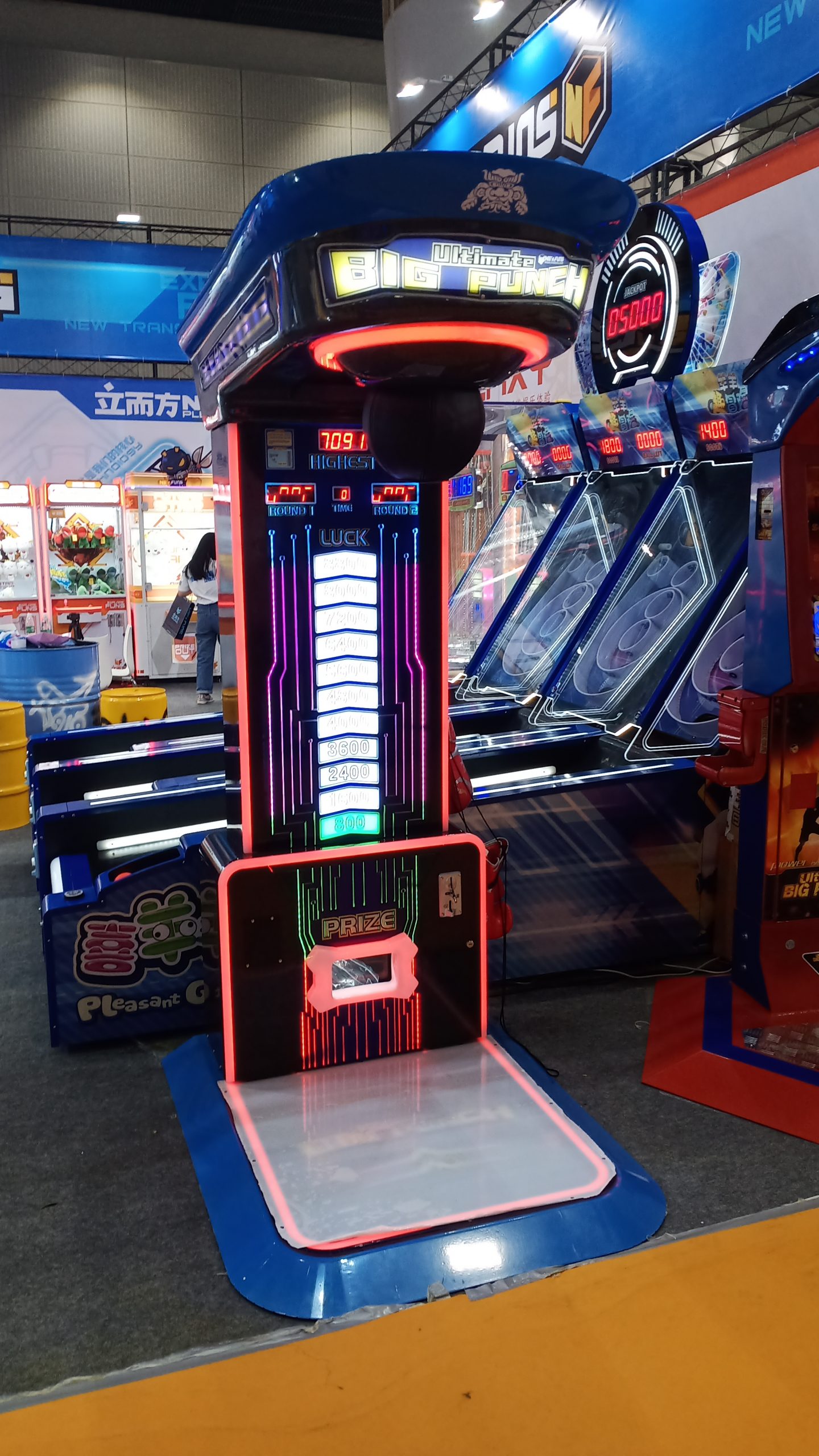

But now, Nintendo needs to reinvent itself all over again.

It was one of the most dramatic corporate turnarounds of the last decade. By 2007, the company had a market cap of $73 billion, making it the second biggest company in Japan, well ahead of Sony and just behind Toyota. Twelve of the top 20 best-selling games of all time were made by Nintendo for the Wii or the DS. The Nintendo DS handheld became the best-selling gaming device ever, moving 150 million units. The Wii outsold its more technologically sophisticated rivals, the PlayStation 3 and Xbox 360, by tens of millions of units. And over the next few years, it experienced a level of success that the game industry had never seen before. Nintendo rejected all of this advice, pursuing its own vision of simple, immediately gratifying gameplay experiences for all ages.

Big time donkey power software#
Everyone, including Wired, had advice for the company as it prepared to release its next console: Ditch the cartoony aesthetic for a gritty cinematic game that could appeal to 18- to 25-year-old men, refocus the console around online connectivity, or simply get out of the hardware business entirely and sell software that runs on Microsoft's and Sony's machines. The videogame industry had changed drastically, and Nintendo refused to go with the flow. When I sat down with Miyamoto in 2003, there was a growing sense that the stubbornness that had served it well was now destroying Nintendo. What resulted was nothing less than a mass exodus of nearly all of its publishing partners, which moved to the far less risky disc medium and away from Nintendo. When the rest of the gaming industry moved to the CD-ROM, Nintendo felt it best to stick with cartridges. “Many would maybe agree that I am a person who even at midnight fights for his own opinions.”īut its refusal to follow trends sometimes hurt, big time. “I think that I have a reputation for being loud, being hard on everybody, sticking to minute detailed points,” he told me. That, he said at the time, was not the way he was perceived within his company. By the time I first spoke to him, Nintendo had begun marketing Miyamoto as a sort of Willy Wonka of game design, complete with a big goofy grin and a childlike sense of wonder. In the process, Miyamoto had risen to become the head of all of Nintendo's game development efforts and the manager of the company’s Entertainment Analysis and Development division. As the business model of the games industry shifted from arcades to home consoles, he had overseen the development of hundreds of games that have sold over 4 billion copies. After the worldwide success of Donkey Kong, he designed many more arcade hits. Miyamoto told me the Donkey Kong story in 2003 at Nintendo’s headquarters in Kyoto, Japan. And Shigeru Miyamoto, the company's game design genius, who went on to create Super Mario and countless other legendary titles, is unwavering in his belief that the real future of home gaming is a crazy idea Nintendo tried 10 years ago and failed at. But its president, a former game designer, says he believes 99-cent apps are killing the game business like a virus. Pundits say Nintendo should do everything differently: Dump hardware and put its popular games out on smartphones ditch the disc and embrace a digital-only business model pursue free-to-play games with in-app purchases. As the console maker gears up to launch its new Wii U on Sunday, it is thumbing its nose at all of the prevailing trends in the game industry.

Today, Miyamoto's stubbornness is woven into Nintendo's DNA.


 0 kommentar(er)
0 kommentar(er)
